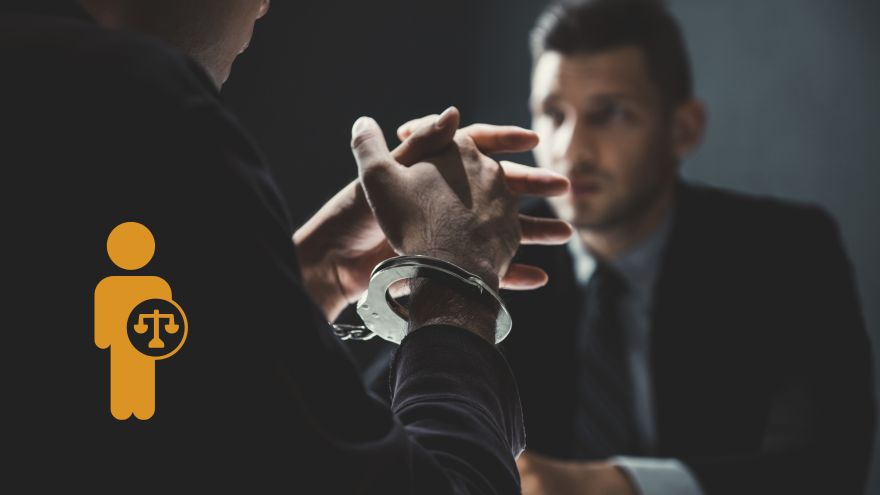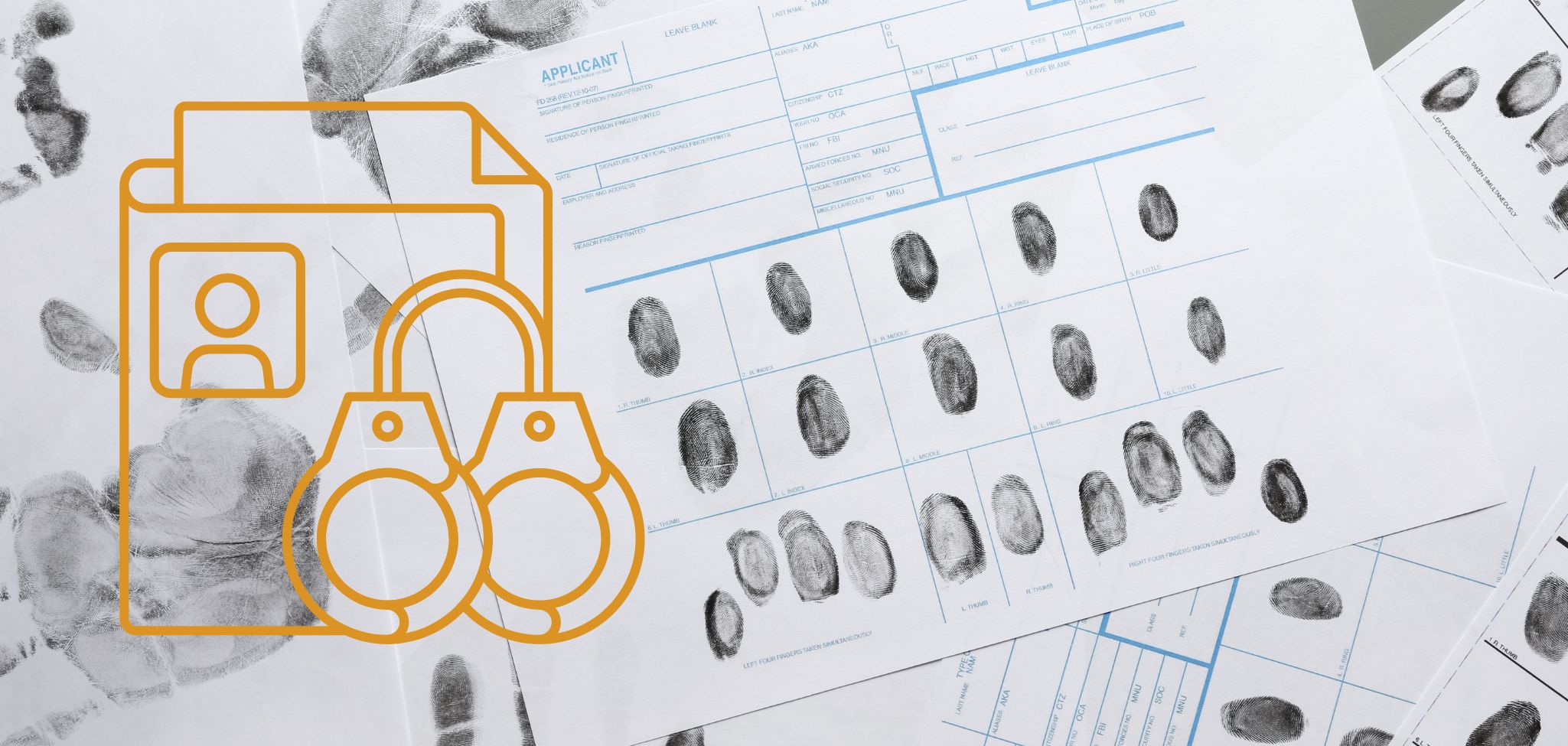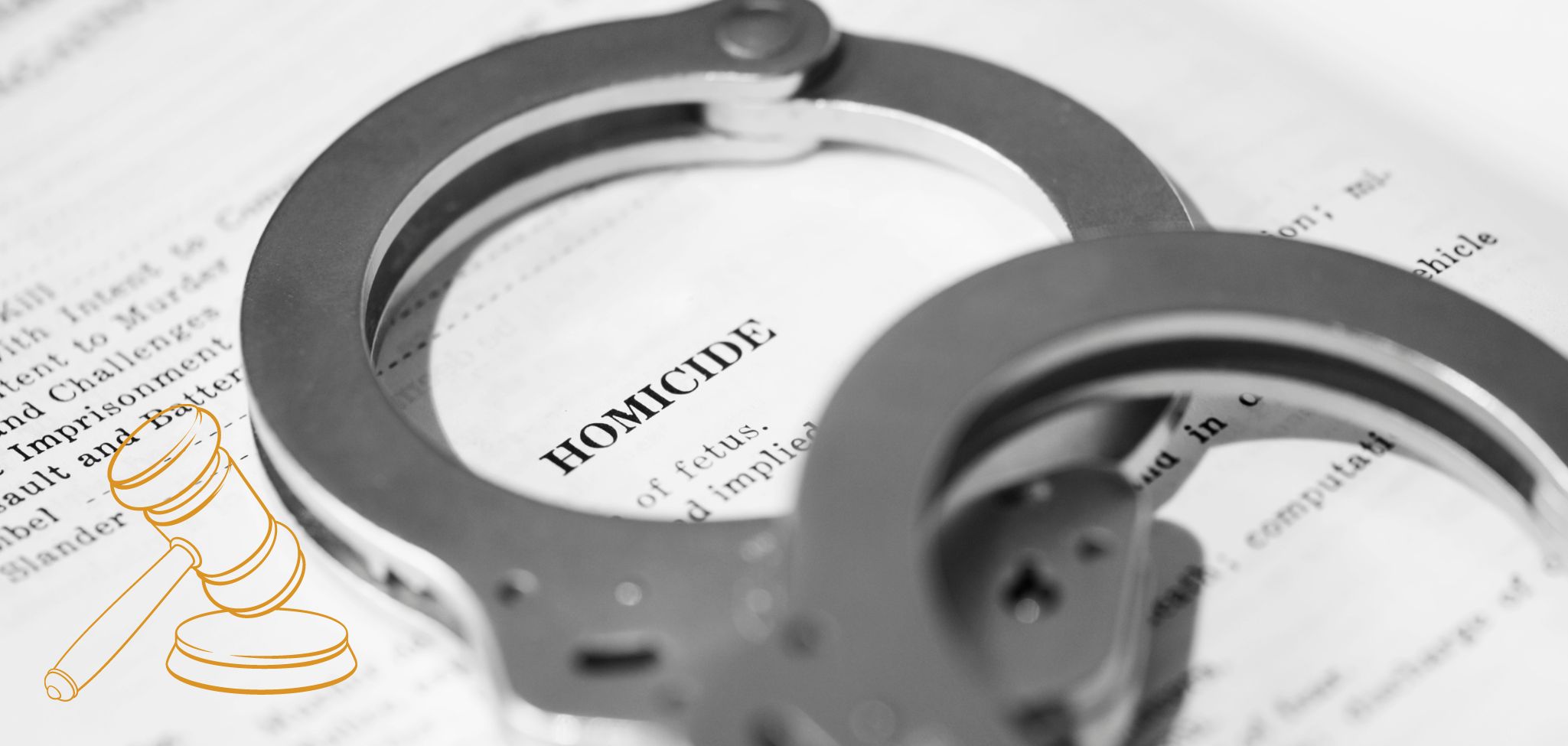In Australia, and around the world, a criminal lawyer is someone who comes to the rescue when you’re tangled up in legal trouble. They’re like your personal legal hero, ready to defend your rights if you’re accused of a crime. They help you navigate the criminal justice system and all of its complexities.
First things first, they’ll dig into the details of your case. They’ll review all the evidence, chat with witnesses, and gather important information. Their goal is to build a strong defence strategy that can help prove your innocence or minimize the charges against you.
When it’s time for you to go to court, your lawyer will be by your side. They’ll speak on your behalf and present your case to the judge, jury, and other parties involved. They’ll use their legal know-how to challenge the evidence and witnesses presented by the prosecution, aiming to cast doubt on your guilt.
Criminal lawyers are also skilled negotiators. They’ll engage in discussions with the other side to explore potential alternatives. They might try to reach a plea deal or find ways to lessen the severity of the punishment. Their goal is to secure the best possible outcome for you.
A good criminal lawyer will also deliver legal services competently by helping break down complex legal language. They’ll make sure you understand the legal jargon and your rights. They’ll keep you informed about your options and what could happen next. They’re there to make the ‘legal-ese’ less confusing and empower you to make informed decisions about your case.
Last but not least, your criminal lawyer will offer you emotional support. They know that being involved in a criminal case can be stressful, so they’ll be there to listen, answer your questions, and provide reassurance.
In a nutshell...
If you ever find yourself in legal trouble, remember that a criminal defence lawyer is your ally. They'll fight for your rights, help you navigate the legal process, and be there for you every step of the way. Jameson Law has some of the best legal experts in the country. With our help and support, our accredited specialist criminal defence lawyers will work with you in your best interest. Contact Jameson Law today for any of your legal needs!
Where Can I Find a Criminal Lawyer?
We know that finding the right attorney can be tough, especially when you’re facing charges. But don’t worry, we’ve got you covered at Jameson Law.
Our team of highly skilled criminal defence lawyers in Sydney is here to help. Reach out to us today for a free consultation to discuss any criminal law concerns you may have.
As a law firm, our top priority is serving our clients and providing them with the best legal services possible. You can trust us to guide you through our challenging justice system, provide you with top-tier legal representation and fight for your legal rights!
How Many Years Does It Take to Become a Criminal Lawyer?
Becoming a criminal lawyer in New South Wales, Australia takes some time and dedication. The journey begins with completing an undergraduate degree and getting a law degree. This law degree can either take the form of a Bachelor of Laws (LLB), or a Juris Doctor (JD) which is a postgraduate degree. After that, you’ll need to go through a Practical Legal Training (PLT) program for about six months to gain practical skills.
Obtaining a law degree provides you with theoretical knowledge of the law, but it’s important to note that admission to legal practice requires meeting the criteria set by the Law Admissions Consultative Committee (LACC). Practical Legal Training (PLT) serves as the next step in your journey, offering valuable practical skills necessary to succeed in real-world legal settings. As for the duration of the PLT, you have the flexibility to choose between full-time study, which typically takes around 15 weeks, and part-time study, which extends over approximately 30 weeks.
The PLT helps you understand how criminal proceedings work and the nuances of the criminal justice system. You will learn about court proceedings, how to understand legal documents and how to work with police officers, the crown prosecutor and a crime scene, to name just a few things.
Gaining experience in the legal field
Once you’ve completed your education and you complete practical legal training, you can apply for admission to the Legal Profession. This is when you become a solicitor and can start practising law in a general capacity. This is when you can officially become a criminal defence lawyer! It’s an exciting milestone!
While specializing in criminal law is not mandatory, many aspiring criminal lawyers choose to gain experience in this field. This can be done through internships, clerkships, or working at a law firm that focuses on criminal defence. A criminal law firm may also give you criminal law experience by introducing you to the working of the supreme court or police evidence systems. These are all great ways to develop practical skills and deepen your knowledge.
Another great pathway to consider is working in law enforcement. The knowledge that one can gain in understanding criminal offences and criminal activities can help police officers, what goes on in a police station with police evidence and the general practice of how someone is charged with a crime can be extremely helpful towards becoming a criminal lawyer.
If you’re passionate about criminal law, you can also pursue accreditation as a specialist through the Law Society of New South Wales. It involves meeting specific requirements and going through a thorough assessment process. Although this step is optional, it demonstrates your expertise and dedication to criminal law, overall helping your career as a criminal lawyer.
In a nutshell...
With commitment and hard work, you can make your dream of becoming a criminal lawyer a reality. Good luck on your journey!
The skills and qualities of a criminal lawyer
The criminal lawyer job description changes all the time. To be a great criminal defence lawyer, you need to have a diverse set of skills to handle legal cases and support clients effectively. Here are some important skills that criminal lawyers need. These skills get developed over the years to make criminal lawyers the bright minds that they are.
- Legal Know-How: Criminal defence lawyers need a solid understanding of Australian laws, legal procedures, and the criminal justice system. They keep up with updates and stay informed about relevant cases to provide the best defence for their clients.
- Sharp Thinking: Criminal defence lawyers must be skilled at analyzing information and thinking critically. They spot important details, identify legal issues, and develop clever defence strategies. It’s like being a legal detective!
- Clear Communication: Excellent communication skills are essential. Criminal defence lawyers explain complex legal concepts in simple terms for their clients to understand. They negotiate with prosecutors, present arguments in court, and connect with judges, juries, and witnesses effectively.
- Research Abilities: Criminal lawyers know how to dig up the right information. They’re good at researching legal precedents, statutes, and case laws to strengthen their arguments. They can find the needle in the legal haystack!
- Problem-Solving Skills: Criminal lawyers are expert problem solvers. They assess situations, adapt to challenges, and find innovative solutions to legal issues. You sometimes need to think outside the box to be able to provide the best legal aid possible, sometimes by stepping into the shoes of the prosecution lawyers and thinking about how they view the accused person who committed crimes.
- Empathy and Understanding: Criminal lawyers work with clients who may be going through tough times. They show empathy, listen actively, and support their clients emotionally. They’re there to provide a helping hand and a compassionate ear, whilst helping to ultimately determine a client’s case strategy.
- Persuasive Advocacy: Criminal lawyers are skilled at presenting their client’s cases. They make convincing arguments, ask the right questions to witnesses, and eloquently convey their client’s position to judges and juries. They’re masters of persuasion!
- Time Management: Criminal lawyers are often juggling multiple cases with strict deadlines. They excel at managing their time, prioritizing tasks, and ensuring they give each case the attention it deserves. They’re the kings and queens of multitasking!
- Professionalism and Ethics: Criminal lawyers uphold high standards of professionalism and ethics because a criminal lawyer represents a plaintiff in criminal cases. As such they maintain client confidentiality, act in their client’s best interests, and follow professional codes of conduct. Criminal lawyers are bound by the ‘Legal Profession Uniform Law Australian Solicitors’ Conduct Rules 2015.’
- Resilience: The work of a criminal defence lawyer can be challenging, but they’re strong and resilient. They handle the pressures of the job, manage stress, and stay focused on achieving the best outcomes for their clients. They’re real-life legal warriors!
Remember, these skills can be developed and honed over time with dedication and a passion for justice. If you have the drive to make a difference, you can embark on the rewarding journey of becoming an approachable and effective criminal defence lawyer in Australia.
Solicitors conduct rules in Australia
In New South Wales criminal law, the Legal Profession Uniform Law Australian Solicitors’ Conduct Rules 2015 play a significant role in guiding the conduct of criminal lawyers. These rules establish a framework for ethical behaviour and professional standards for lawyers practising in Australia, helping inform what the criminal lawyer’s role should look like in a court of law.
They outline key principles, such as acting in the best interests of clients, maintaining honesty and courtesy in all interactions, delivering legal services competently and diligently, preserving professional independence and dignity, and complying with the Solicitors’ conduct rules and the law. Furthermore, under Rule 3 of the Solicitors’ Conduct Rules, lawyers have a paramount duty to uphold the administration of justice and the court. Fundamentally, they outline how defence lawyers should act in the criminal justice arena of legal practice.
Speak to a lawyer today
When it comes to your future and freedom, choosing the right criminal lawyer is crucial. At Jameson Law, we understand the weight of the charges you're facing, and we're ready to fight tirelessly on your behalf.
With our team of talented and dedicated criminal defence lawyers, we have the knowledge, experience, and determination to protect your rights and secure the best possible outcome for your case. Trust us to be your advocates, guiding you through every step of the legal process with compassion and expertise. Don't face this battle alone let Jameson Law be your principal lawyer today, and let us stand by your side and fight for your legal rights!
What is the Difference Between a Criminal Lawyer and a Barrister?
Criminal Lawyers:
Criminal lawyers are legal professionals who provide comprehensive legal services to clients involved in criminal cases. They handle a wide range of tasks, including advising clients, conducting legal research, preparing legal documents, negotiating with prosecutors, and representing clients in court.
A criminal lawyer’s role involves working closely with clients from the beginning to the end of a case, offering guidance and support throughout the legal process. Think of criminal lawyers as your primary point of contact, who provide overall legal assistance and representation.
Barristers:
On the other hand, barristers are specialized advocates who focus on representing clients in court. They typically work alongside criminal lawyers, providing expert advocacy services when a case reaches the trial stage.
Barristers specialize in presenting legal arguments, cross-examining witnesses, and persuasively presenting their client’s case to the judge and jury. They often have extensive experience and expertise in courtroom procedures and strategies. You can think of barristers as the legal superheroes who step in to fight for your rights and make compelling arguments in court.
Moreover...
In criminal law, a lawyer has to wear the uniform and the wig in court where they advocate in cases involving extremely serious crimes. In contrast, criminal attorneys train the barrister in preparing cases that usually involve preparation and appearing in court with the barrister to aid and work in teams.
Occasionally defence lawyers will represent a client in court and advocate on serious charges – sometimes with no barrister. It normally happens more in the local courts than in the District and Supreme Courts.
Why Do Criminal Lawyers Defend Criminals?
Criminal lawyers in New South Wales defend individuals accused of crimes for several important reasons. Firstly, it’s essential to uphold the principle of equal justice for all. Every person, regardless of the accusations they face, deserves a fair and impartial legal defence. Criminal lawyers play a vital role in ensuring that everyone has access to defence and that their rights are protected throughout the legal process.
Secondly, defending those accused of crimes is not about condoning illegal actions but rather about safeguarding the integrity of the justice system. A robust defence ensures that the prosecution’s case is thoroughly examined, evidence is scrutinized, and the accused is given a chance to present their side of the story. This process helps prevent wrongful convictions and ensures that the guilty are rightfully held accountable. Remember, in Australia, you are innocent until you are found guilty!
Thus, criminal lawyers understand the importance of due process and the presumption of innocence. They work diligently to challenge the prosecution’s evidence, advocate for their client’s rights, and ensure that fair procedures are followed.
They help an alleged victim by highlighting any reasonable doubt that might exist for any alleged crime. By providing legal representation to an accused person, they help ensure a fair trial for all. By doing so, criminal lawyers help maintain the balance between the power of the state and the rights of the individual.
Ultimately, the role of criminal lawyers is rooted in the fundamental principle that everyone deserves a fair defence. Their dedication to upholding equal justice ensures that the accused are not denied their rights, promotes a fair legal system, and ultimately contributes to a more just society.
What are the responsibilities of a criminal lawyer?
Client Consultations:
A criminal lawyer may start the day by meeting with clients to discuss their cases. These consultations involve actively listening to their stories, gathering crucial information, and providing clear legal advice. The lawyers explain the charges, potential consequences, and available defence strategies, ensuring clients fully understand their rights and the relevant criminal law.
Case Analysis and Strategy:
Conduct comprehensive case analyses by reviewing evidence, police reports, and witness statements. They assess the strengths and weaknesses of the prosecution’s case, identifying potential defences. Based on this analysis, lawyers develop strategic defence plans, outlining the best approach to protect clients’ rights and achieve the most favourable outcome and how they might be able to illustrate reasonable doubt.
Legal Research and Preparation:
Criminal lawyers spend a lot of time doing research and preparation! This is where their reading and comprehension skills really can shine. By studying relevant statutes, case laws, and precedents, lawyers use this research to help build strong arguments, understand legal nuances, and stay up-to-date on evolving legal principles. Lawyers prepare legal documents, such as motions, briefs, and subpoenas, presenting well-reasoned and persuasive arguments to support clients’ defences.
Courtroom Advocacy:
They can represent clients in court proceedings, including hearings, trials, and sentencing hearings. Present oral arguments, skillfully cross-examine witnesses, and raise objections in court when necessary. Lawyers must possess excellent communication skills, quick thinking, and a deep understanding of courtroom procedures to effectively help their clients.
Negotiations and Plea Bargaining:
Engage in negotiations with the prosecution to explore potential resolutions, such as plea bargains or reduced charges. Negotiate on behalf of clients, aiming to achieve the best possible outcome while considering their objectives and interests. Skilful negotiation tactics and a thorough understanding of the law enable lawyers to secure favourable agreements for clients when appropriate.
Client Communication and Support:
Maintain open and transparent communication with clients, always prioritizing their best interests. Keep clients updated on case strategy, court developments, appearances, and progress in negotiations. Address their concerns, answer questions, and provide support during what can be a challenging and stressful process. By keeping clients well-informed, lawyers help alleviate anxieties and empower clients to make informed decisions about their defence.
The daily responsibilities of criminal defence lawyers require a combination of legal expertise, analytical thinking, effective communication skills, and a deep commitment to protecting clients’ rights. By diligently fulfilling these responsibilities, a criminal lawyer plays a crucial role in safeguarding the principles of justice and ensuring fair treatment within the legal system.

 (02) 8806 0866
(02) 8806 0866





